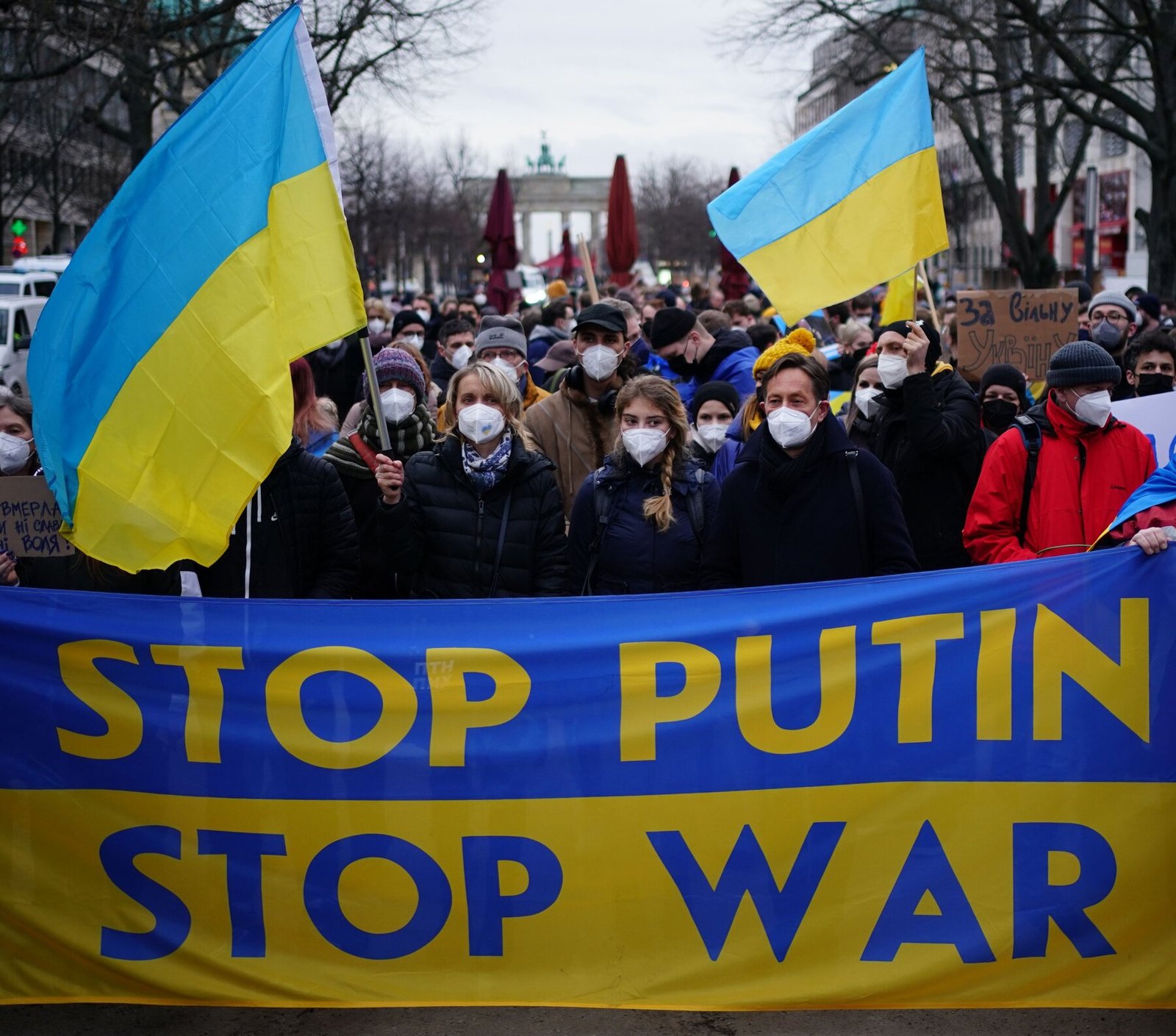
قمة النقب: الابتسامة التي اختصرت كل شيء
كان لافتاً خلال قمة النقب نهاية مارس الماضي، والتي ضمّت كلاً من وزراء خارجية كل من مصر والإمارات والبحرين والولايات المتحدة، ذلك التجهم الذي كان يقيم على وجه وزير الخارجية المصري سامح شكري، خلافاً لزملائه، وتجلّى ذلك بالصورة التذكارية التي تم التقاطها لهم وهم يمسكون بأيدي بعضهم البعض تعبيراً عن التضامن، إذ اختصرت ابتسامة سامح شكري المواربة، الكثير من المعاني التي لا ينبغي القفز عنها في هذه المناسبة.
تبدو مصر عير منسجمة مع المشهد العام في هذه القمة، لأنّ مصالحها كدولة كبيرة في المنطقة تتعارض في كثير من الأحيان مع مصالح إسرائيل، فالقاهرة تعتبر نفسها زعيمة العالم العربي، ولذا لا يسرها أن يبادر الطرف الإسرائيلي للعب هذا الدور والذي تعدّه من أهم حقوقها وامتيازاتها، فالسلام المصري كان سلامًا يرمي إلى دفع مضار إسرائيل المتمثلة بالاستنزاف الدائم من خلال الحروب ولإرضاءً أكبر قوة في العالم “الولايات المتحدة”، وليس من أجل تمكينها من رقبة المنطقة، ولذا كان سلامًا باردًا على الدوام.
بالمقابل فإنّ السلام الإماراتي والبحريني يرمي إلى الاستفادة من قوة إسرائيل العسكرية في مواجهة إيران، بالإضافة إلى حضورها لدى الإدارة الأمريكية وقدرتها على التأثير على القرار الأمريكي المتصل بالشرق الأوسط لصالح هذه الدول، ولذا فهي معنية بعلاقة أكثر دفئًا من تلك التي نسجتها مصر.
إنّ الإسرائيليين يتحدثون عن التهديد النووي الإيراني منذ بداية التسعينيات من القرن الماضي، وحتى هذا اليوم لم نر لهذا التهديد المزعوم أي أثر في الواقع، بينما يُعتقد على نطاق واسع أنّ إسرائيل هي الوحيدة التي تمتلك السلاح النووي في الشرق الأوسط.
لقد نجحت إسرائيل من قبل بتخريب الاتفاق الدولي النووي مع إيران بقيادة الولايات المتحدة الأمريكية، ورغم ذلك لم تتراجع القوة الإيرانية، بل على العكس فقد أدخل الحصار الأمريكي لإيران، حلفاء الولايات المتحدة الذين يعتمدون على النفط الإيراني، في مصاعب اقتصادية دون جدوى، وها هي إسرائيل مرة أخرى تحاول وضع العصي في الدواليب وهي ترى أن الاتفاق النووي مع إيران على الأبواب.
إنّ إسرائيل تحاول اللعب على كل الحبال كما هو الحال دائماً، وقد رأينا كيف اتبعت سياسة زلقة في المواجهة الروسية الأوكرانية الأخيرة، محاولة عدم إغضاب أي من الولايات المتحدة الأمريكية أو روسيا أو أكورانيا، وهي أيضاً تعلم بأنّ التهديد الأكبر من وجهة النظر الأمريكية هو التهديد الصيني وليس الروسي، مع ذلك فإنّها تتبع نفس الأسلوب في علاقتها مع الصين.
إنّ المصالح المزعومة بين إسرائيل والخليجيين ليست مصالح اقتصادية بكل تأكيد، فهذه الدول وخصوصاً الإمارات لديها من القدرة الاقتصادية ما يجعلها بغنى عن الاستثمارات والأموال المتوقع جنيها من إسرائيل، بل هي مصالح أمنيّة بالمقام الأول والأخير، وذلك بسبب استشعار هذه الدول انحسار الاهتمام الأمريكي بالمنطقة، وخوفهم من ارتفاع المظلة الأمريكية الأمنيّة عنها، ولذا شهدنا تحولاً في سياستها تجاه كل من الصين وروسيا، والتي أصبحت أكثر دفئاً في الآونة الأخيرة، وهنا نفهم كيف ولماذا تجتمع هذه الدول مع إسرائيل. إنّ ما يجمع هذه الأطراف هو نفس الشعور بالقلق من منطقة ليست تحت الحماية الأمريكية، تهيمن عليها دول إقليمية كبيرة مثل إيران، بينما لا نجد نفس القلق لدى مصر والتي عبرت عن هذا الموقف بوضوح.
رغم اختيار قادة الدول الثلاث التركيز على التهديد الإيراني، اختار المصري المخالفة والتأكيد أن مصالحه لا تنسجم بالضرورة مع مصالح إسرائيل والإمارات والبحرين، ولذا أكّد أنّه لم يأت لبناء تحالفات ضد أحد.
كان من الملحوظ غياب الأطراف المعنية بالعلاقة مع إسرائيل عن اللقاء، إذا استثنينا مصر، فسوريا ولبنان بطبيعة الحال لم يكن لهما يومًا علاقة مع إسرائيل، ولكن الملفت أن تغيب الأردن صاحبة أطول خط حدود مع إسرائيل، والسلطة الفلسطينية صاحبة العلاقة المباشرة عن اللقاء، بل أنّ السلطة على لسان رئيس وزرائها محمد اشتية وجهت انتقادات حادة للدول العربية المشاركة في القمة.
كما أنّ مصر عملت منذ بداية الصراع العربي الإسرائيلي، على محاولة جعل نفسها البوابة الحصرية للموضوع الفلسطيني وخاضت من أجل هذا صراعات مع الفصائل الفلسطينية نفسها والدول المجاورة، وهي ترى أن هذا الملف من الأوراق الهامة المتبقية في يدها في ظل تراجع تأثيرها في إفريقيا والإقليم.
إذن لماذا جاء سامح شكري إلى اللقاء رغم كل هذه الاعتبارات التي تم ذكرها؟
يمكن القول بأنّ نظام الرئيس عبد الفتاح السيسي، قد تجاوز أزمة الشرعية التي واجهته بداية حكمه، وأصبح خصومه من الإخوان المسلمين وبقية قوى الثورة ذكرى من الماضي أو يكادون، ولكن التحدي الأول اليوم أمام الدولة المصرية هو تحدي التنمية والرخاء الاقتصادي الذي طالما وعد به السيسي الشعب المصري، ورغم الإنجازات الملحوظة التي حققها نظام السيسي في مجال الطرق والبنية التحتية فإنّ الاقتصاد المصري ما زال اقتصادًا هشًا بحاجة إلى الدعم الخارجي والذي يأتي عادة من دول الخليج.
لقد كانت فترة وباء كورونا قاسية على كثير من الاقتصادات وجاءت المواجهة العسكرية في أوكرانيا لتزيد الطين بلة، فارتفعت فاتورة الطاقة والغذاء بشكل كبير مما أثر على سعر الجنيه المصري، فبادرت دول الخليج وعلى رأسها السعودية والإمارات إلى دعم الاقتصاد المصري بالودائع وشراء أسهم بعض الشركات المصرية، في ظل وضع من هذا النوع يمكن أن يضرب الاستقرار في مصر، فإنّ الموقف المصري المتحفّظ تجاه إسرائيل وطبيعية توزع الأدوار في المنطقة بالعادة، يحتمل هذا النوع من المناورة الممزوجة بالامتعاض.
لا شك بأنّ الخليجيين والإسرائيليين يدركون أنّ مصر ليست عاجزة عن إعادة التموضع في أي وقت، وإعادة خلط الأوراق الكثيرة التي بين يديها، وخصوصًا ورقة العلاقة مع تركيا والتي لها طموحات كبيرة في شرق المتوسط يمكن أن تلتقي بسهولة مع المصالح المصرية.
إذن هل يمكن التعويل إسرائيلياً على الدور الخليجي والمغربي، أم أنّ العنوان الصحيح ما زال في مصر وتركيا؟ لا بدّ أنّ الإسرائيليين يعرفون ما يجري بدقة على المستوى الإقليمي والمحلي، وأنّ إعادة توزيع الأدوار يمكن أن تحصل في أي وقت ولن تكون في صالحهم على الأرجح، ولكنهم يعتقدون فيما يبدو أنّ ما زال لديهم بعض الوقت قبل انتهاء لعبة المشي على الحبل المشدود.
المصدر: المركز الفلسطيني للإعلام


